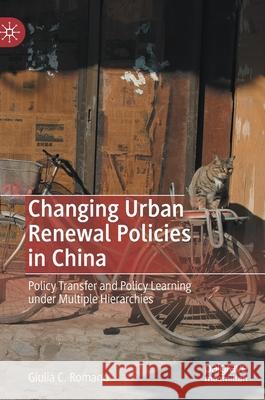Changing Urban Renewal Policies in China: Policy Transfer and Policy Learning Under Multiple Hierarchies » książka
topmenu
Changing Urban Renewal Policies in China: Policy Transfer and Policy Learning Under Multiple Hierarchies
ISBN-13: 9783030360078 / Angielski / Twarda / 2020 / 245 str.
Changing Urban Renewal Policies in China: Policy Transfer and Policy Learning Under Multiple Hierarchies
ISBN-13: 9783030360078 / Angielski / Twarda / 2020 / 245 str.
cena 301,89
(netto: 287,51 VAT: 5%)
Najniższa cena z 30 dni: 289,13
(netto: 287,51 VAT: 5%)
Najniższa cena z 30 dni: 289,13
Termin realizacji zamówienia:
ok. 22 dni roboczych.
ok. 22 dni roboczych.
Darmowa dostawa!
Kategorie BISAC:
Wydawca:
Palgrave MacMillan
Język:
Angielski
ISBN-13:
9783030360078
Rok wydania:
2020
Wydanie:
2020
Ilość stron:
245
Waga:
0.46 kg
Wymiary:
21.01 x 14.81 x 1.6
Oprawa:
Twarda
Wolumenów:
01
Dodatkowe informacje:
Wydanie ilustrowane











